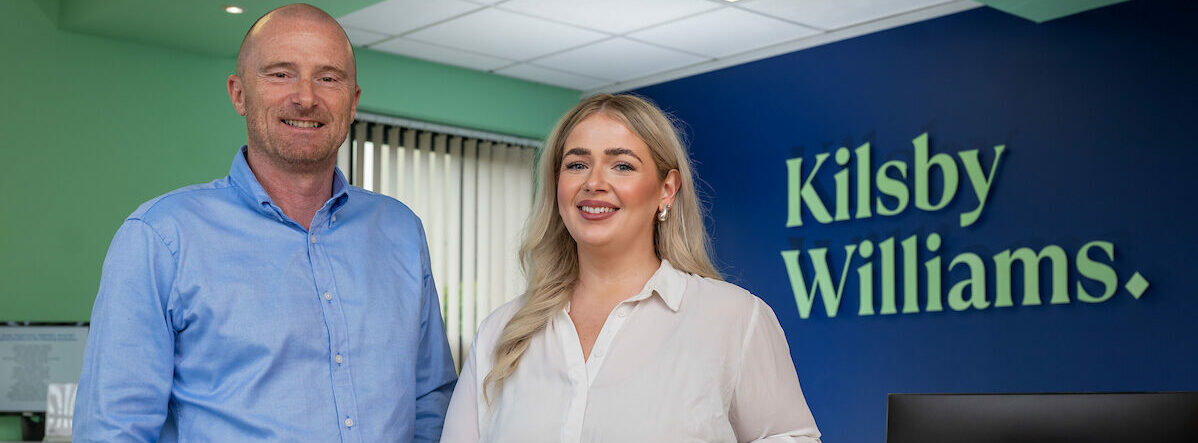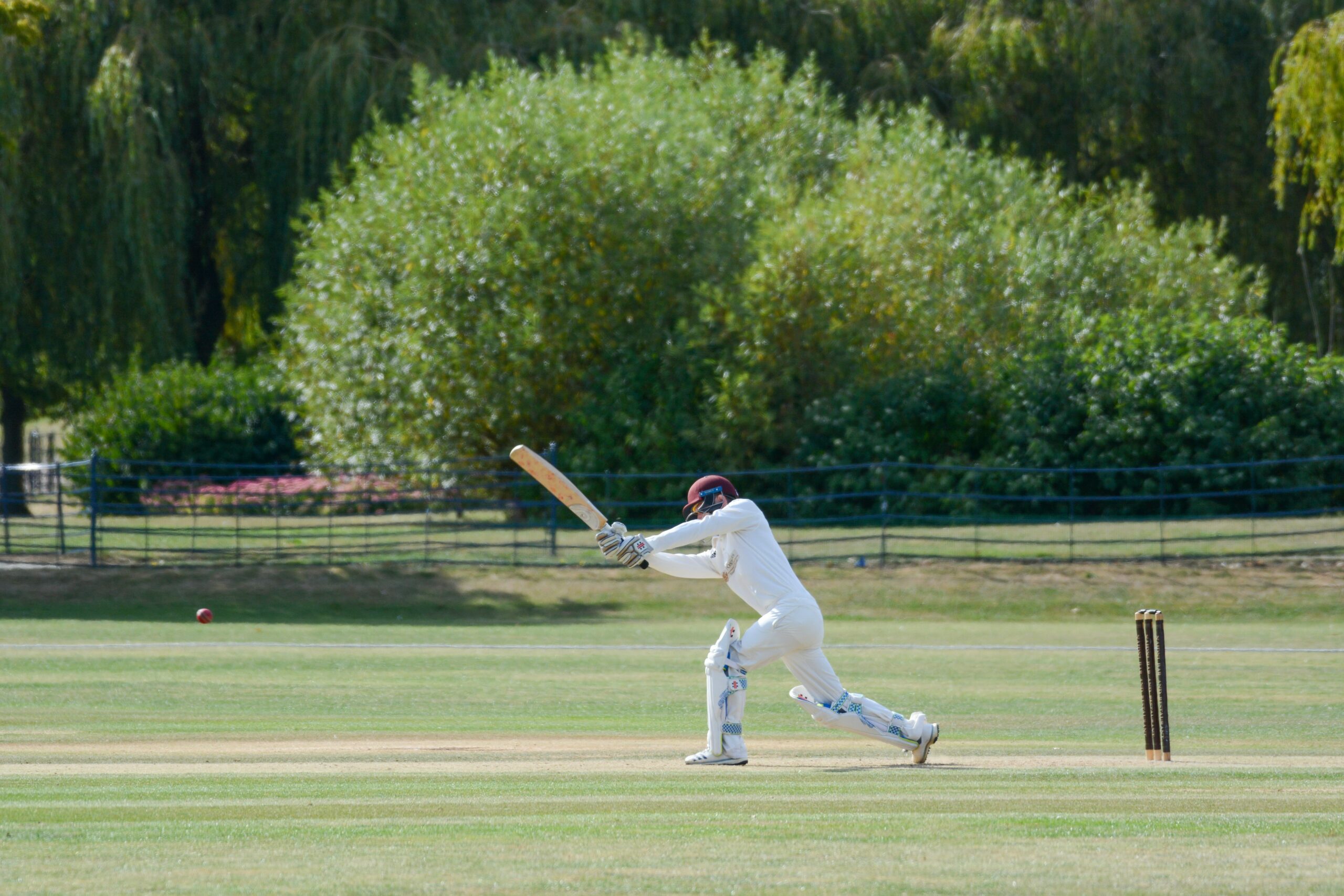Child Benefit:
If you or your partner claim child benefit you may be required to report this income on your Return.
In particular, if you or your partner earn over £50,000 the High Income Child Benefit Tax Charge will apply. This charge will be due from the individual with the highest income who may not be the individual who originally made a claim for the benefit. It is therefore useful to indicate to your tax advisor whether child benefit has been claimed by you or your partner and, if it has, to provide details of your partner’s income.
Please note that the High Income Child Benefit Tax Charge applies to co-habiting partners as well as married couples or civil partners.
Marriage Allowance:
Once you have confirmed your partner’s income to your tax advisor, they will be able to assess whether you are eligible to claim Marriage Allowance. This Allowance is only relevant for married couples or civil partners who are both basic rate taxpayers.
Marriage Allowance will provide tax relief to the spouse with the higher income by effectively allocating 10% of the spouse’s Personal Allowance to the higher income earner. This claim is therefore beneficial if your spouse receives income below their Personal Allowance (for the 2021/22 tax year this is £12,570).
Charitable donations:
Another form of tax relief that can be claimed via your Tax Return relates to gift aid payments you make to registered charities. Individuals who are higher or additional rate taxpayers should provide their tax advisors with details of all gift aid payments made during the relevant tax year as tax relief will be provided by way of extending their basic or higher rate tax bands. This is turn means that more of their income will be taxed at the lower rates. This relief is not applicable to basic rate taxpayers.
Pension Contributions:
Any personal pension contributions made during the year can also generate tax relief via your Tax Return if you are a higher or additional rate taxpayer. Again, the relief works by extending the basic and higher rate tax bands.
Pension contributions made into an occupational pension are often paid gross, meaning that they are paid from your salary before your income tax has been calculated. Therefore, the tax relief on these contributions has already been received. However, if your pension contributions are being paid net, i.e. from taxed income, there may be scope to claim further tax relief via your Tax Return. If you are unsure about whether pension contributions have been made from your gross or net salary, you can provide your tax advisor with a copy of your payslip and they will be able to confirm this for you.
Personal pension contributions are also taken into account when calculating your adjusted net income. This is particularly relevant for individuals with total income in excess of £100k as your Personal Allowance is restricted once your adjusted net income exceeds this threshold. Therefore, providing details of any personal pension contributions made within the year could be particularly useful for higher income earners.
If you have any queries about this article, or would like assistance with the preparation of your 2021/22 Personal Tax Return, please do not hesitate to contact us on 01633 810081.




